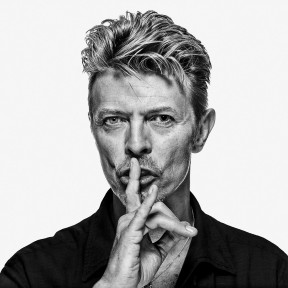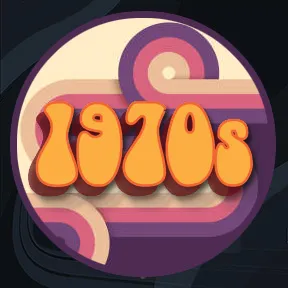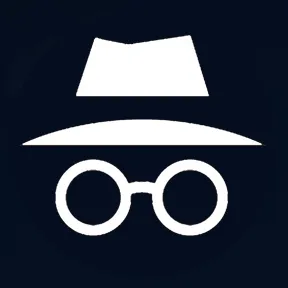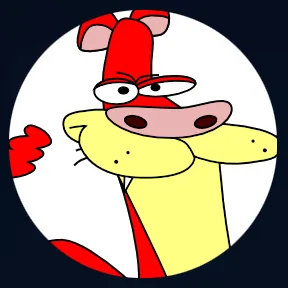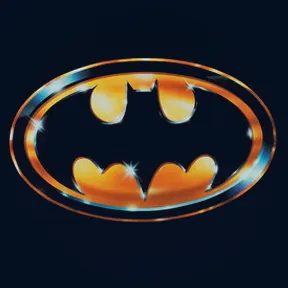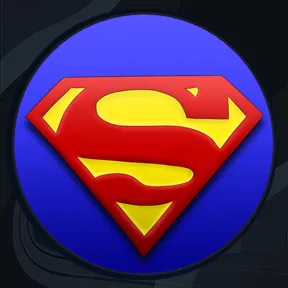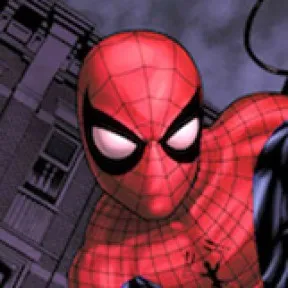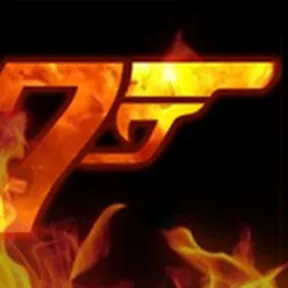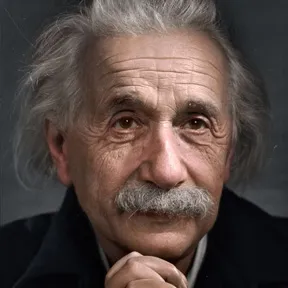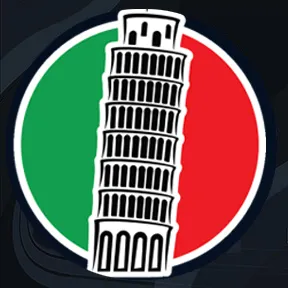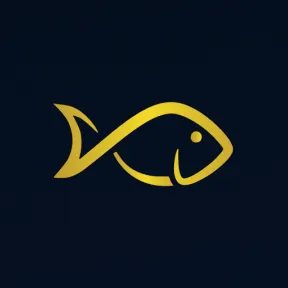David Bowie | Sound And Vision (1977)
"Sound and Vision" is a song by English musician David Bowie. It was released in January 1977 by RCA Records on side one of his 11th studio album Low. RCA later chose it as the first single from the album.
Co-produced by Bowie and Tony Visconti, the song was recorded at the Château d'Hérouville in Hérouville, France, in September 1976, and completed at Hansa Studios in West Berlin in October and November.
The song began as a simple G major chord progression that Bowie gave to the backing musicians, writing and recording his vocals afterward. It features backing vocals from Brian Eno and Visconti's then-wife Mary Hopkin.
Regarded by biographers as the closest to a "conventional pop song" on Low, "Sound and Vision" is oddly structured.
Beginning as an instrumental, elements are added throughout the song's runtime; Bowie's vocals do not appear for over a minute and a half.
The song's lyrics are dark and introspective, reflecting Bowie's mental state after years of drug addiction, and provide a stark contrast to the music itself, which is more joyous and upbeat. Like other Low tracks, the song's drum sound was achieved through the use of Visconti's Eventide H910 Harmonizer.
Released as a single on 11 February 1977, "Sound and Vision" was a commercial success, making number three on the UK Singles Chart, aided by its appearance in BBC television commercials.
It peaked at number 69 on the Billboard Hot 100, signalling Bowie's commercial downturn in the US until 1983.
Music critics and biographers consider "Sound and Vision" one of Bowie's greatest songs. He performed it only once on his 1978 Isolar II world tour, but frequently on later tours.
Remixes of the song have been created in subsequent decades and it has appeared on several compilation albums.
